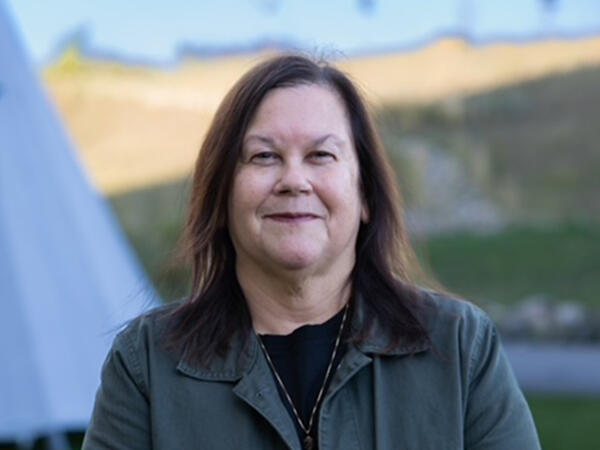Catherine Charbonneau is passionate about women’s health. Currently working in the United States as a medical science liaison at Bayer Pharmaceuticals, she specializes in contraception and gynecological therapies. Having completed her Bachelor of Science in Pharmacy in 2009, she is returning to the University of Toronto to complete a Doctor of Pharmacy (PharmD) degree through the PharmD for Pharmacists program at the Leslie Dan Faculty of Pharmacy in order to upgrade her clinical skills and knowledge to better meet the demands of a health care system undergoing rapid change.
“It’s really important that women have a choice and a voice in family planning, being informed and empowered in these areas is crucial to women’s health,” said Charbonneau who describes her current work as a field-based medical role. She works regularly with family physicians, nurse practitioners and obstetrician-gynecologists to support their understanding of new products and policies so they in turn can better support their patients.
The bridging program at U of T’s Leslie Dan Faculty of Pharmacy was Charbonneau’s first choice, even when comparing programs at universities in the U.S.
“I was thrilled to be accepted into the program,” said Charbonneau. “I have practiced as a pharmacist for ten years but the PharmD degree is highly recognized and valued in health care and will increase my professional performance overall.”
In 2020 “The Pill” turns 60
This year marks an important milestone in women’s reproductive health: the birth control pill turns 60. For Charbonneau, this is an opportunity to talk about women’s health and how trained pharmacists can continue to support their patients and other health care providers for the next 60 years and beyond.
“Over these 60 years, there has been significant innovation that has led to more options to meet the needs of women in reproductive health, including hormonal intrauterine devices, an area of focus for me. I feel proud to be a pharmacist and to be an important source of education to other healthcare providers to ultimately facilitate the empowerment of women to choose what is best for them based on their lifestyle and their reproductive life plan,” she said.
Early learnings at U of T
Since starting the PharmD for Pharmacists (PFP) program in September, Charbonneau has appreciated the sense of community spirit among the students in her cohort and the ability to work collaboratively as a team using various electronic platforms, even if they are geographically dispersed.
The program combines course work in areas like pharmacotherapy, critical appraisal, physical assessment, and health systems that are delivered in a variety of formats, including online lectures, online facilitated discussions, case-based learning, independent project work, and small group discussion. Advanced experiential rotations will further develop and enhance students’ practice skills and provide exposure to different areas of practice.
“It’s great to see someone like Catherine starting off by taking full advantage of what our program has to offer,” said Kathy Vu, Director of the PFP program. “She is already making a significant impact in women’s health and we look forward to seeing her future contributions.”
More News
Image

Pharmacy alum sees change in acceptance of Indigenous cultures in health care
During Deborah Emery’s 40-year pharmacy career, she provided care in Sioux Lookout, Thunder Bay and Manitoulin Island.
Read More
Image

Grad to Watch: Jackie Fule Liu’s research focuses on better outcomes for diabetes patients
A recent PhD graduate, Jackie Fule Liu combines hands-on skill and big-picture thinking to help tackle diabetes care challenges.
Read More
Image

U of T community members recognized with Order of Canada
Congratulations to Dean Emeritus and Professor K. Wayne Hindmarsh on his appointment.
Read More
